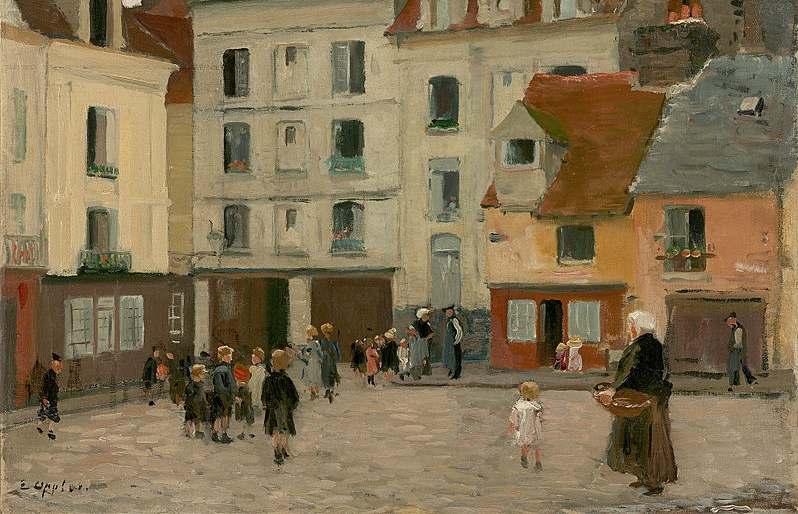West Germany’s swift economic recovery after World War II looked like a “miracle”. It significantly outperformed East Germany, where a communist government implemented a centrally planned economy. The success was no miracle but based on the decision to implement an economic order that allowed entrepreneurs, innovators, and workers the freedom to achieve their best. It guaranteed the rule of law and a high degree of political predictability and stability.
Freedom, private property, competition, and the rule of law proved to be more successful than an all-controlling bureaucracy. In a way, the division of Germany constituted a large-scale real-world test for the long-term effects of free markets vs. a centrally planned economy.
The Social Market Economy
The West German economic order, the Social Market Economy, was based on the ordoliberal idea that governments and markets both have essential roles to play in a modern, open society. The state sets general rules, oversees, and enforces them. Within these rules, everybody is free to compete without state intervention. Therefore, the state acts as a referee, observing the game and enforcing its rules, without interfering with the course of the game.
A key role was designated to the Bundeskartellamt. This anti-trust authority was founded in 1958 to safeguard free competition against cartels and other abusive practices. Another crucial institution was the Deutsche Bundesbank, the independent central bank, whose only goal was to preserve price stability. This monetary policy proved to be very effective for fostering long-term economic growth.
The creators of the Social Market Economy believed that free markets are the most important part of social policy, as competition guarantees fairly-priced quality products as well as fair wages. This did not negate the need for additional social policies such as unemployment insurance. Nonetheless, all social policy programs were to be implemented in a form that did not hinder competition.
Ordoliberalism
The principles behind the Social Market Economy were developed in the 1930s by a group of thinkers around Walter Eucken and Franz Böhm, an economist and a lawyer at the University of Freiburg. Having just experienced the Great Depression and facing the rise of communism and fascism, they focused on reforming the existing capitalist order.
In contrast to the proponents of laissez-faire capitalism and those of a centrally planned economy, ordoliberals see the importance of state, market, and society. They believe that these orders are interdependent and equally vital for a free society. Without institutional safeguards, they feared, some market actors can accumulate too much power.
Adam Smith, the founder of modern economics, already knew that entrepreneurs have strong incentives to restrict competition. Eucken and Böhm argued that such developments have a severe negative impact on consumers, e. g. higher prices, and on competitors who were pushed out of the market. They also feared that the accumulation of power can threaten democracy itself.
To preserve free competition, the ordoliberals emphasized the need for institutions charged with protecting free markets. At the same time, the ordoliberals knew that private property, competition, and the freedom to implement new ideas were the preconditions for economic growth and wealth. Therefore, they opposed direct market interventions and did not believe in an ever-growing all-powerful bureaucracy.
Find out more: https://shop.freiheit.org/#!/Publikation/1068



